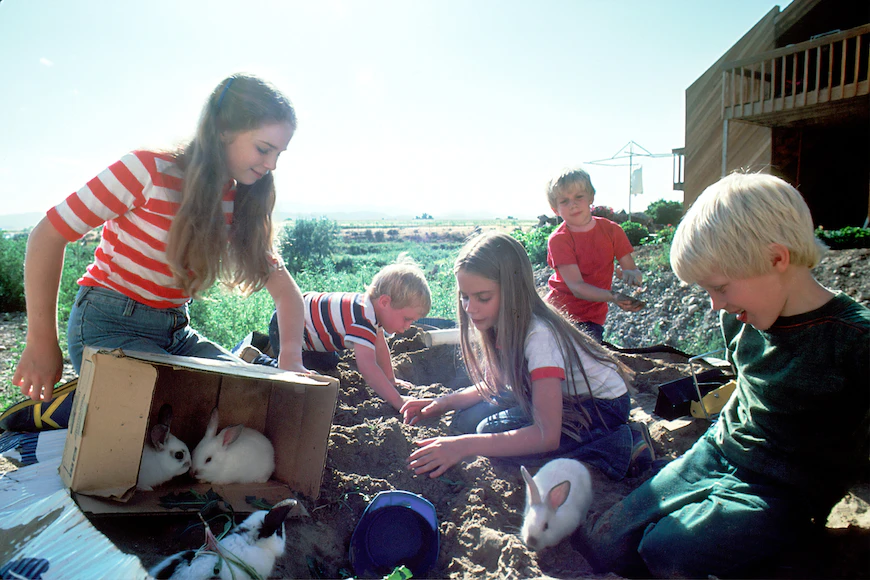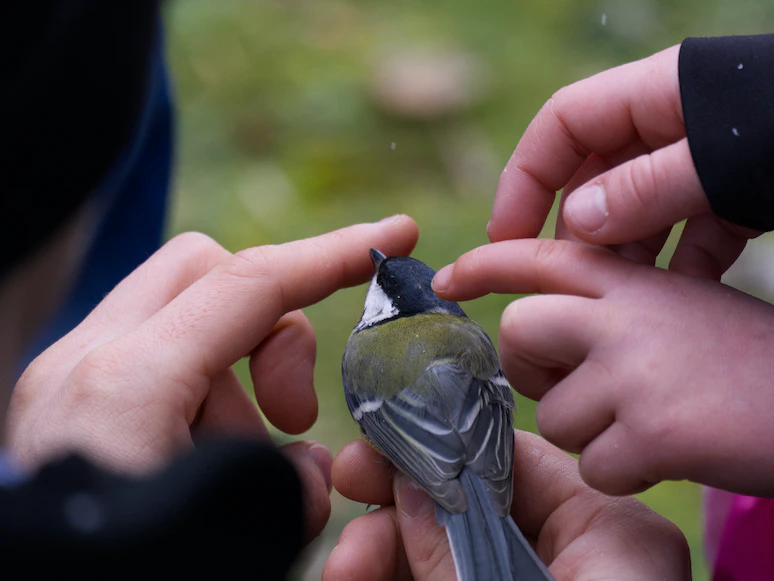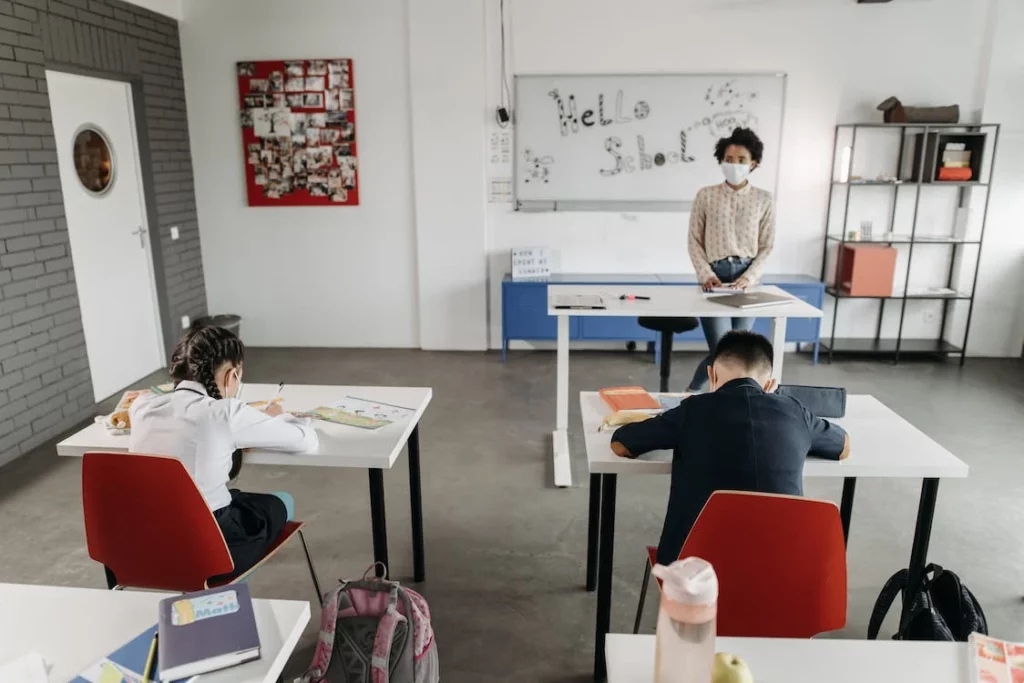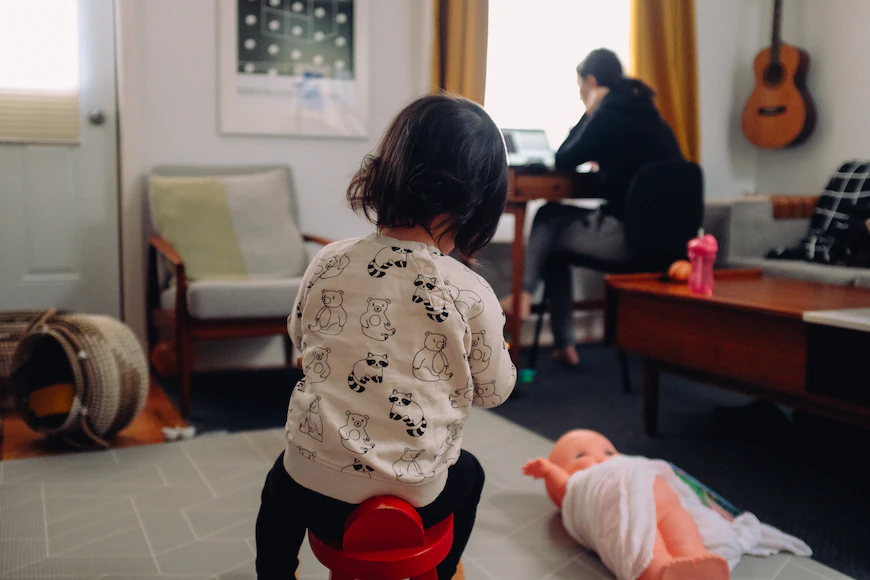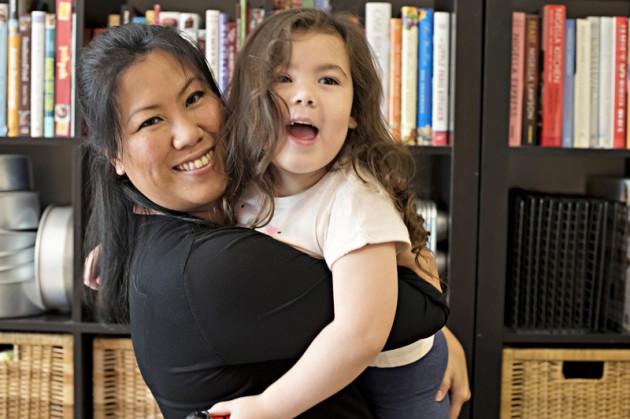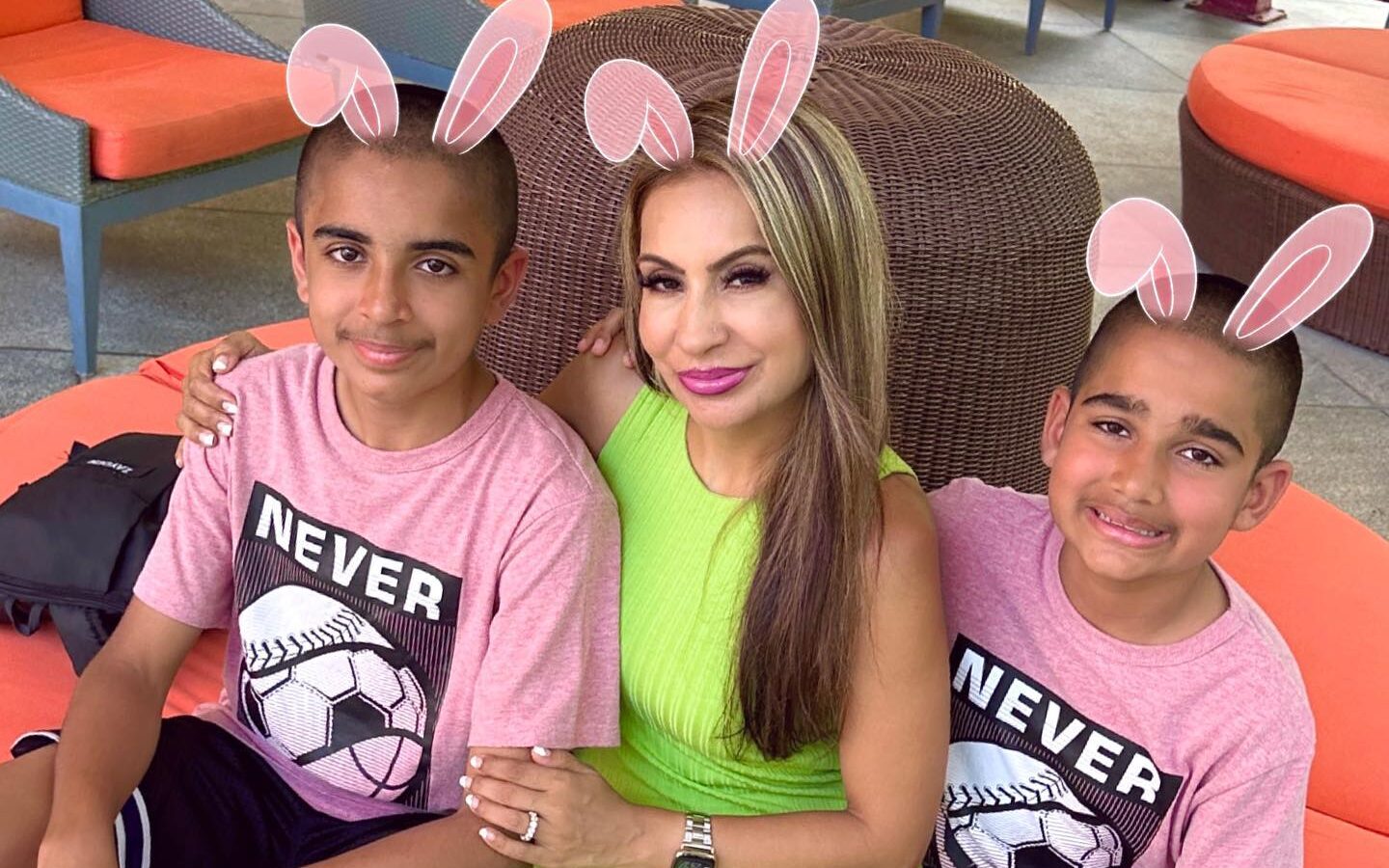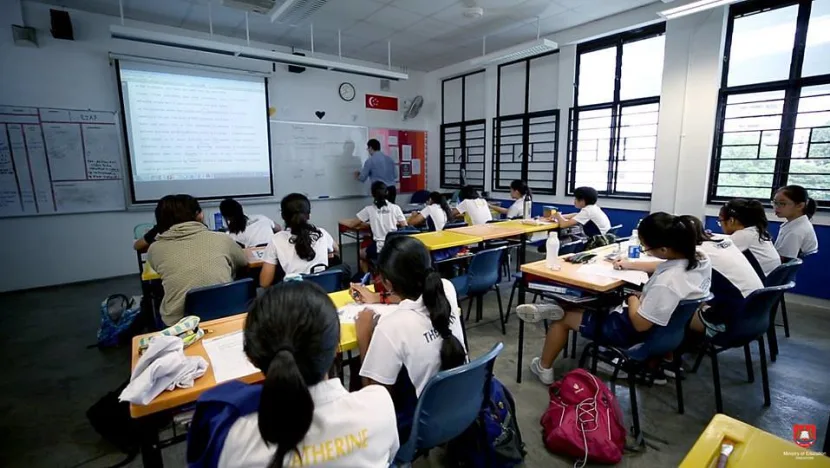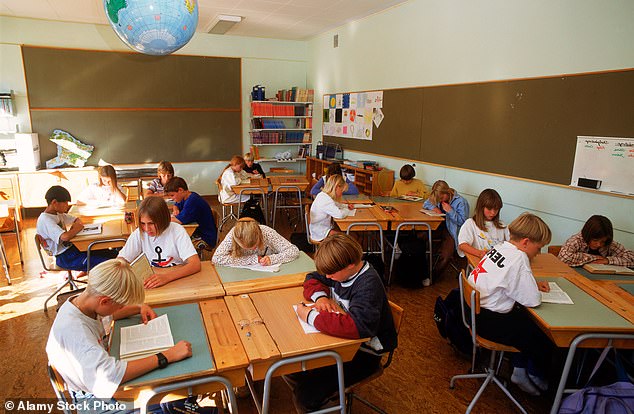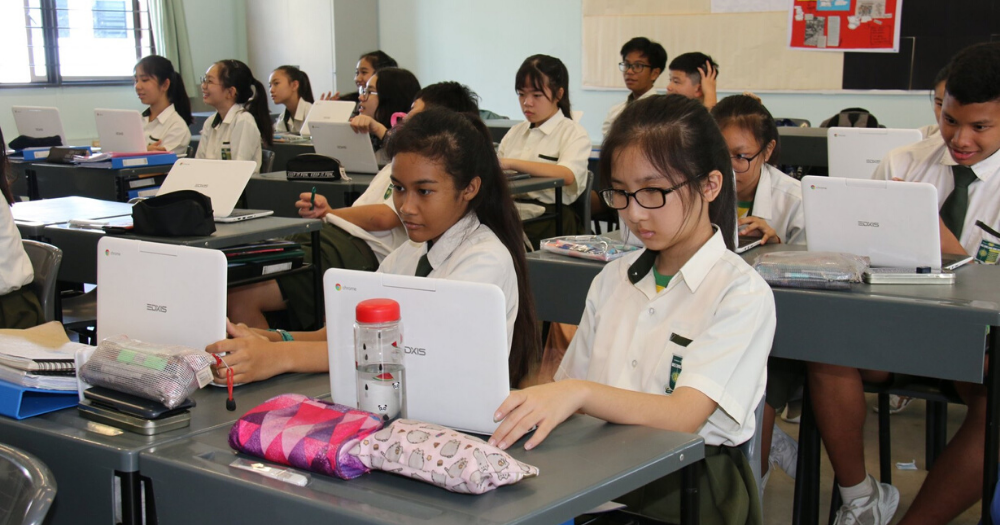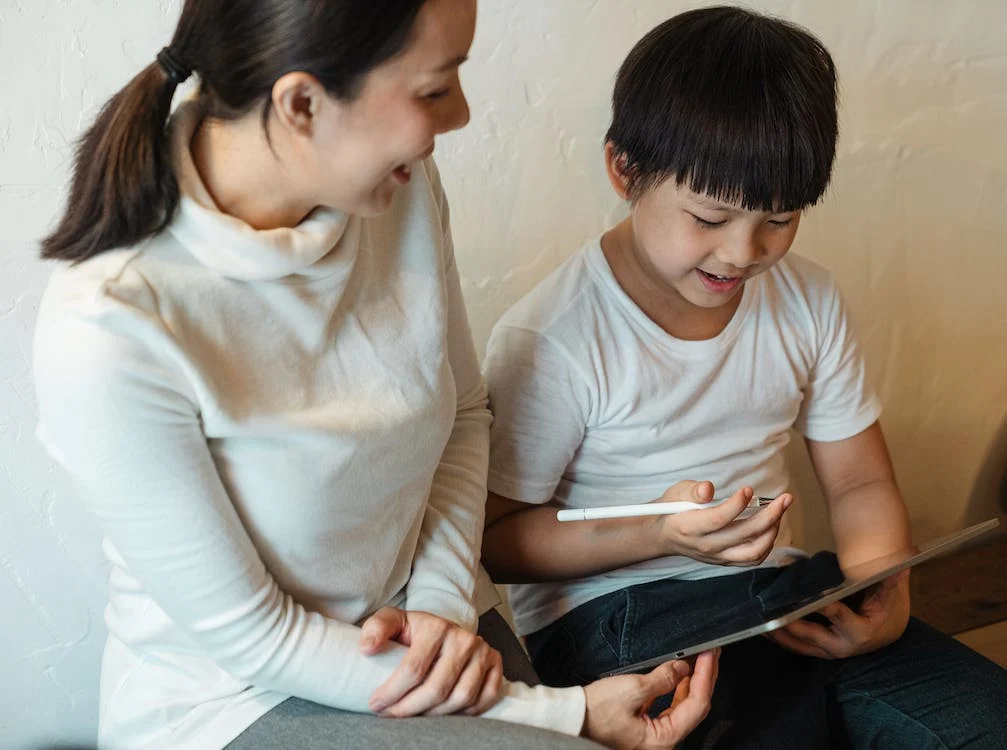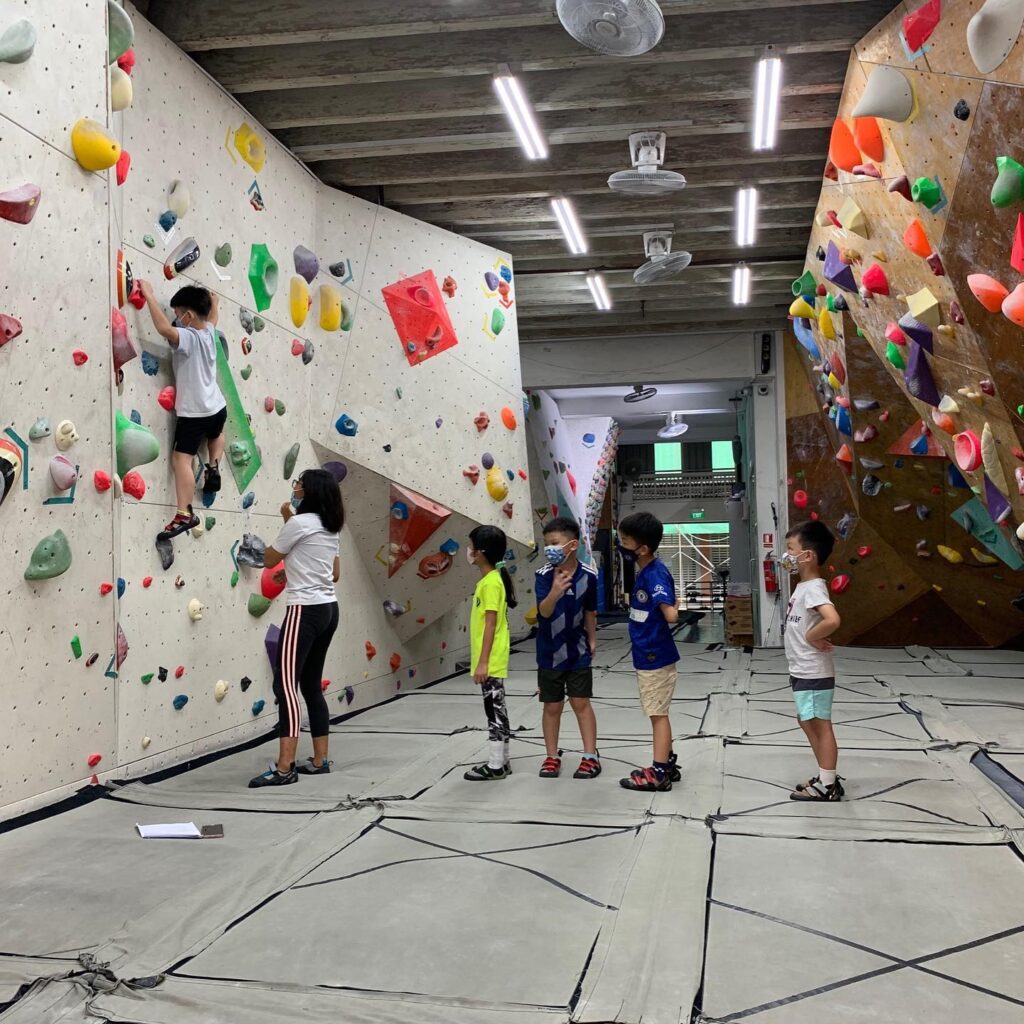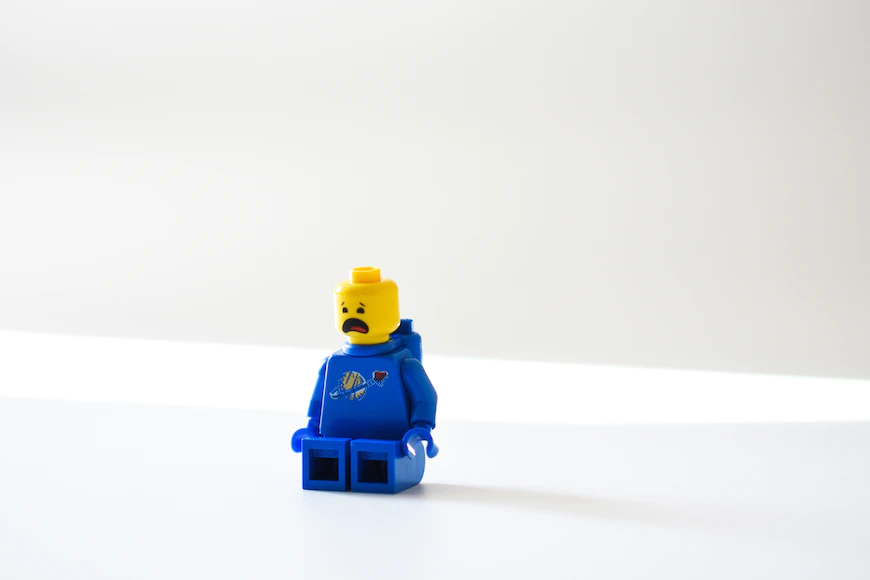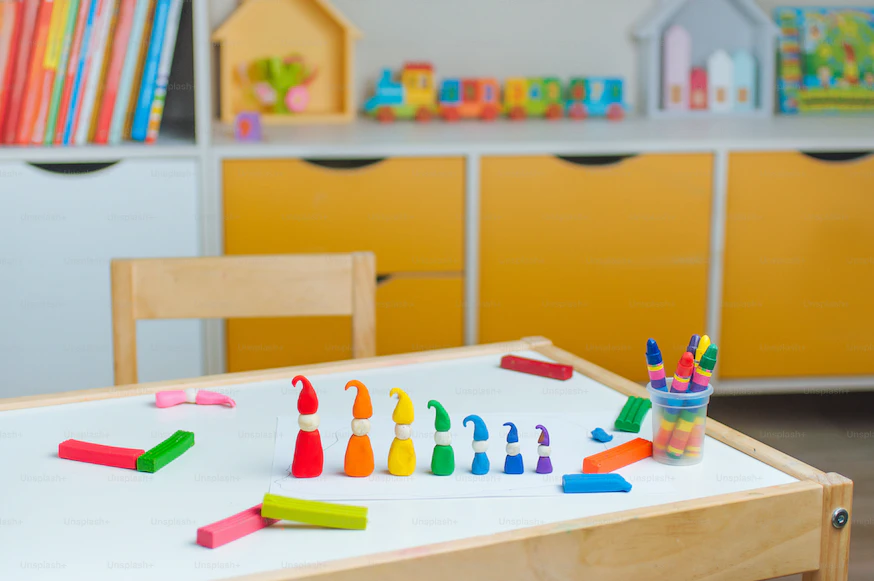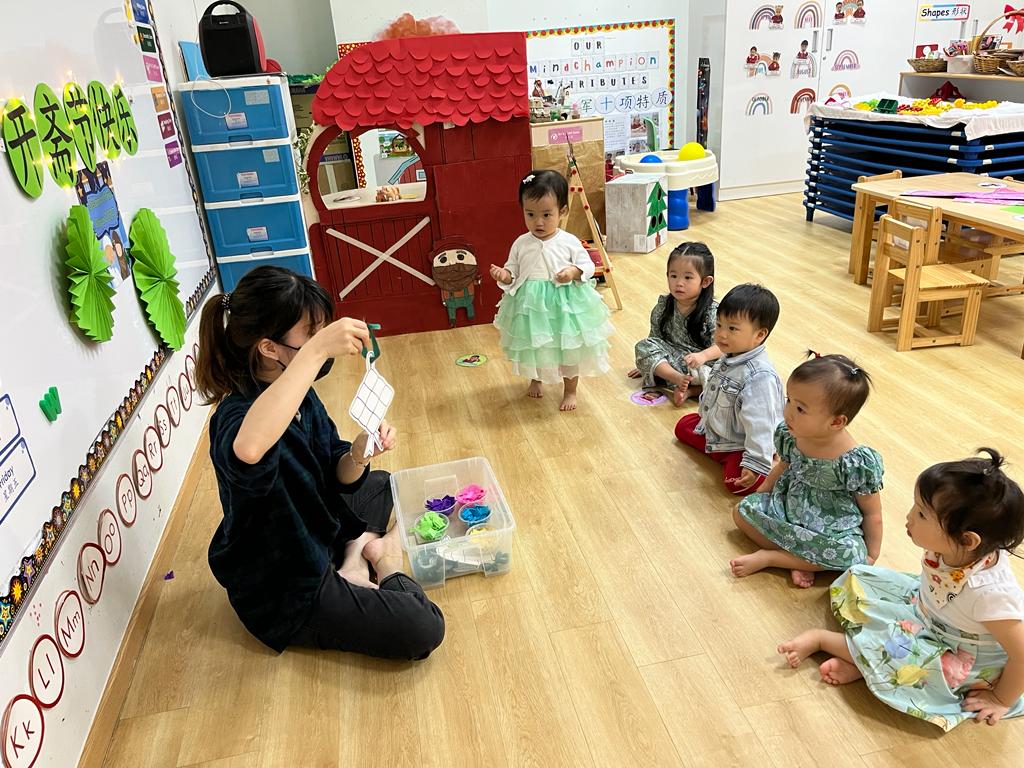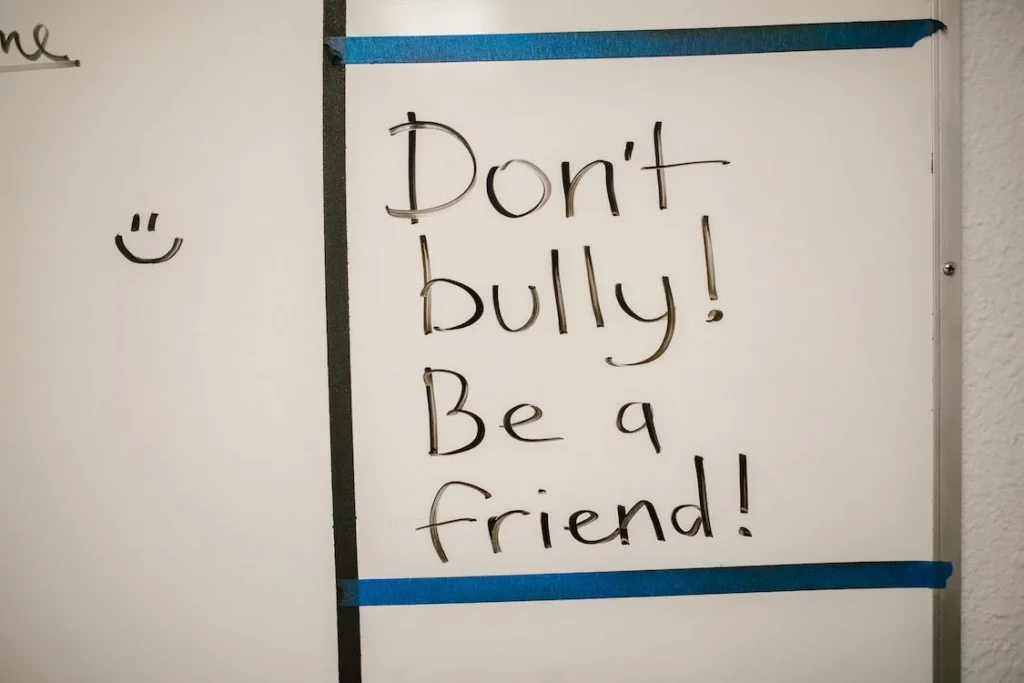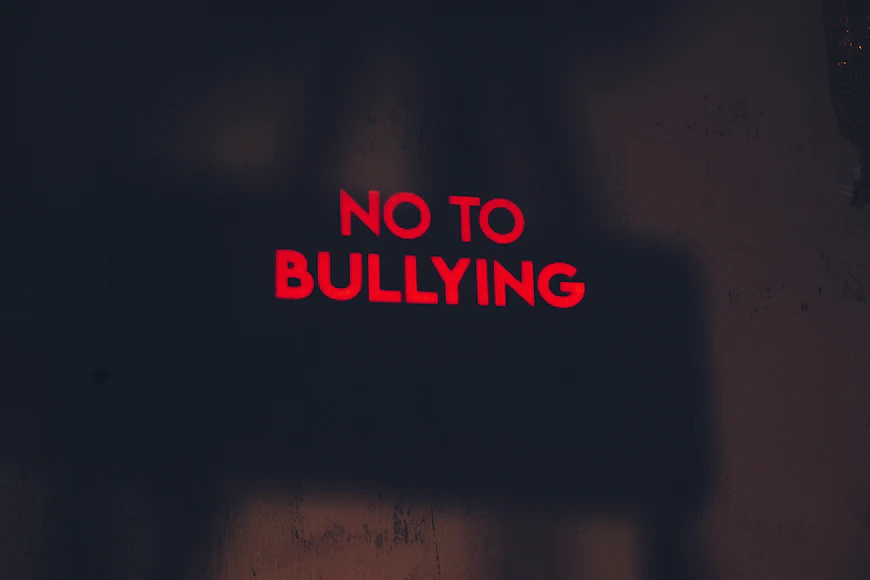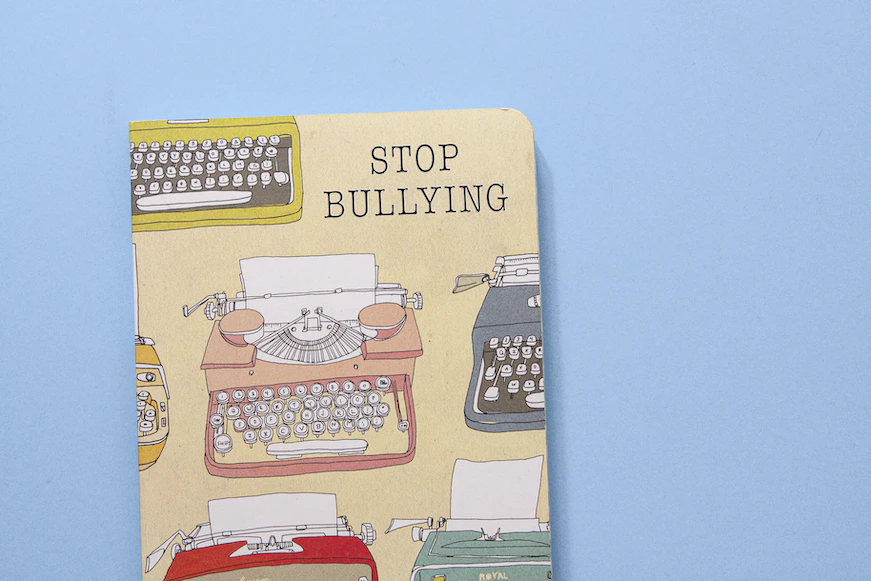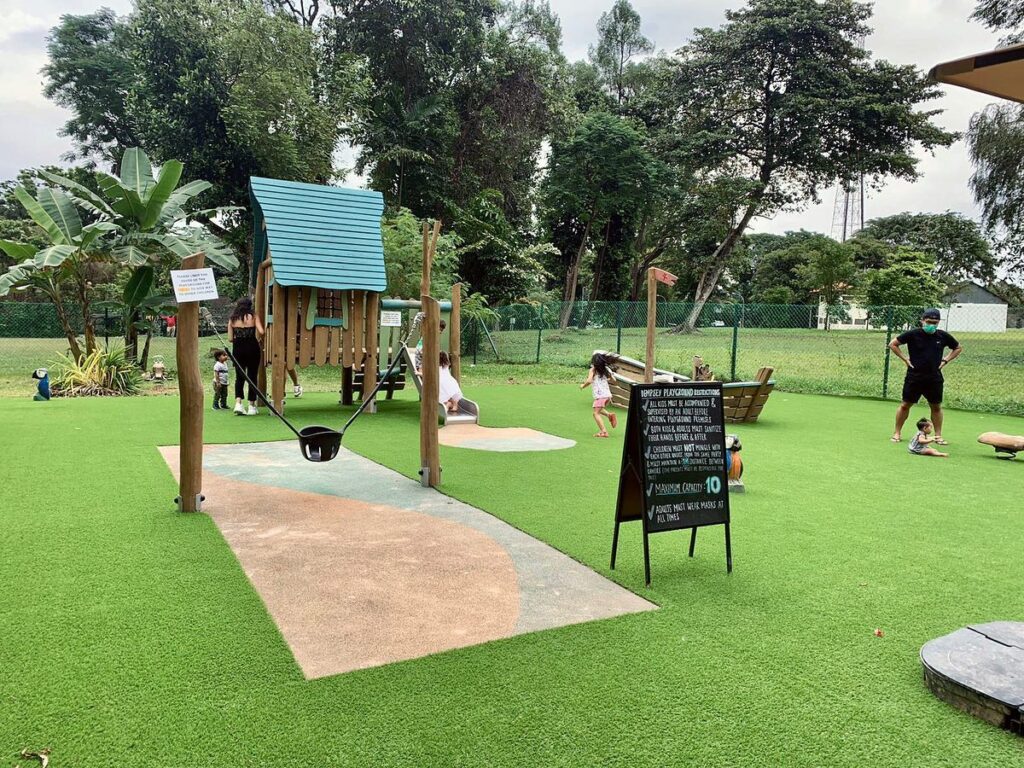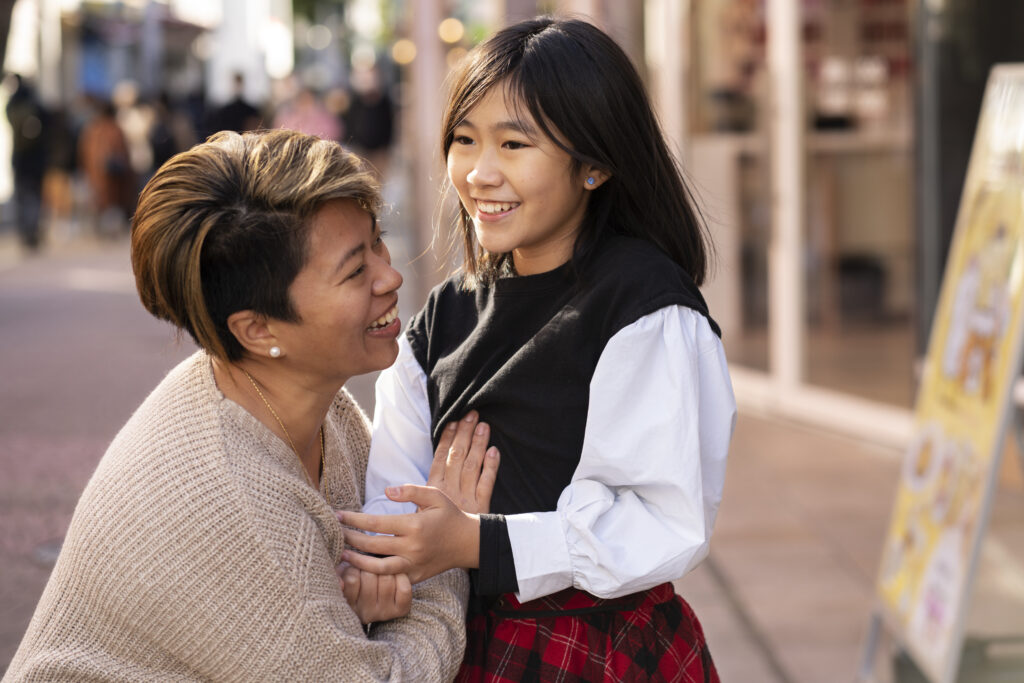"In Singapore, tuition classes are essential for many students, providing extra help and boosting confidence for academic success."

Tuition classes have a substantial role in Singapore’s educational scene. Singapore’s school system is highly competitive, and parents want their children to succeed academically, therefore tuition has become an important component of many students’ academic journey.
Tuition provides students with personalised attention, allowing them to grasp complex concepts, clarify doubts, and improve their understanding of school subjects. With tailored lessons and dedicated time, students can strengthen their foundation and perform better in exams.
Students establish a positive learning attitude through tuition. This increased confidence can translate into better participation in school. In this article, we will delve into the importance of tuition in Singapore and how it contributes to academic success.
Exploring Tuition Options in Singapore

Before diving into the costs, let’s first explore the different kinds of tuition options available in Singapore. Singapore offers a wide range of tuition options to cater to the diverse needs of students. Parents and students have numerous options for enhancing their learning based on what works best for them.
- Private Tutors: This refers to a private tutor who provides one-on-one academic assistance to students. These tutors typically conduct sessions at the student’s home or a mutually agreed upon location. Private tutors offer flexible scheduling, allowing students to arrange sessions at convenient times.
- Face to face Classes: Tuition centres serve as organised institutions where students can attend group learning sessions for a variety of subjects. Group learning fosters a collaborative environment, allowing students to learn from each other and engage in discussions.
- Fully Online Classes: In the past few years, online learning has grown in popularity. Students can learn from home by attending live classes, watching videos, and taking quizzes and exercises. It’s convenient for students since they can find teachers from all around the world andlearn whenever they want from the comfort of home.
Tuition Costs in Singapore

Private tutors can be an excellent resource for students seeking personalised assistance with their studies. The cost of hiring a private tutor can vary based on factors such as the tutor’s qualifications, experience, and the subject matter being covered. Students can expect to pay between SGD $300 to $800 per month. This fee typically includes a set number of hours per week or month and may be adjusted based on the level of expertise required for the subject matter. A university undergraduate typically charges anything between $25 to $35 per hour, while qualified full time tutors charge around $40 to $60. Ex-MOE and NIE certified teachers charge between $70 to $110 per hour.
Alternatively, students may opt for group classes at tuition centres, which offer a structured learning environment. These sessions are often led by experienced educators and provide a comprehensive learning experience. The cost for group classes at tuition centres typically ranges from SGD $400 to $700 per month. This price includes all necessary materials and resources, as well as access to additional resources such as online learning platforms and instructor support.
In conclusion, the cost of tuition varies based on the level of education, the type of tuition option, and the subject matter. Parents and students should consider their budget, preferences, and academic goals when selecting a tuition provider. By making informed decisions, students can maximise their learning experience and achieve academic success.












